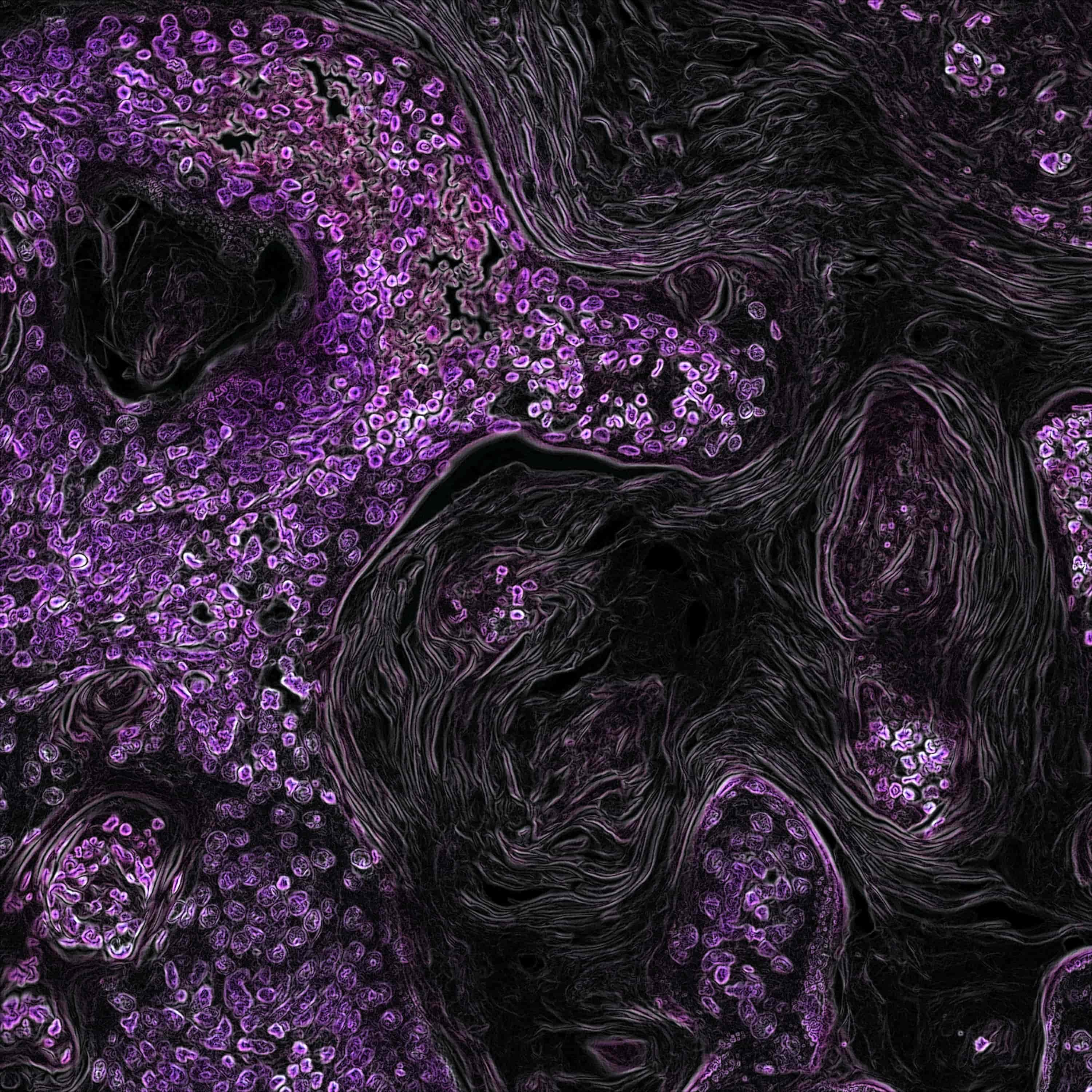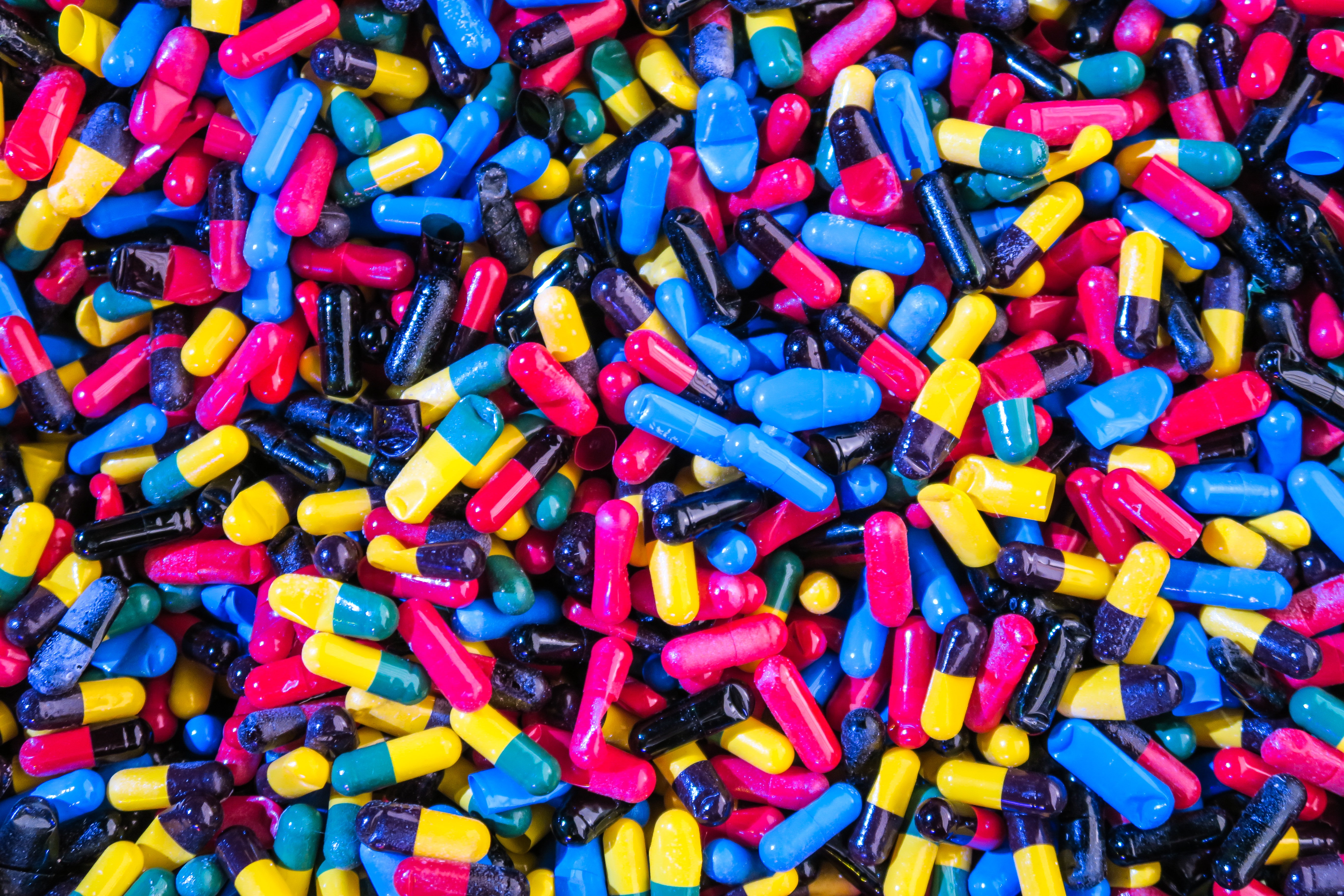The cost of substandard or falsified chemotherapy drugs in LMICs – and what we’re doing to help

Cancer is one of the leading causes of death worldwide, and the use of chemotherapy drugs is a critical component of cancer treatment. Unfortunately, in many low and middle-income countries (LMICs), the availability of high-quality, effective chemotherapy medicine is limited due to the prevalence of substandard or falsified drugs. These drugs not only fail to treat cancer effectively but can also cause severe side effects, leading to patient harm and loss of life.
The high cost of fake cancer drugs
The problem of substandard or falsified chemotherapy drugs in LMICs is multi-faceted, with many underlying causes. One of the primary reasons for the problem is in many cases the limited capacity within regulatory agencies to detect and remove these drugs from circulation. This is changing as more resources are directed to the issue, which ARTiFACTS is proud to support (more on that below).
Another factor contributing to the problem is the cost of legitimate chemotherapy drugs. Many of the most effective chemotherapy drugs are developed and manufactured by large pharmaceutical companies, and the high prices associated with these drugs mean that they are often out of reach for patients in LMICs. This creates a market for counterfeiters to produce cheaper, but ineffective and potentially harmful substandard or falsified alternative medicines.
The consequences of using substandard or falsified chemotherapy drugs can be devastating. These drugs often do not contain the active pharmaceutical ingredients required to treat cancer effectively, meaning that patients do not receive the intended therapeutic benefit. In some cases, the drugs may contain harmful impurities or contaminants that can cause severe side effects and even death. Additionally, patients may experience a delay in receiving appropriate treatment as a result of using ineffective drugs, leading to disease progression and poorer health outcomes.
A broad but targeted approach to falsified chemo drugs
Addressing the problem of substandard or falsified chemotherapy drugs in LMICs requires a multi-pronged approach:
- A global effort between government regulatory bodies, pharma, and tech partners to increase the availability of high-quality chemotherapy drugs in LMICs. This could involve working with pharmaceutical companies to reduce the cost of drugs or encouraging the development of cheaper, but still effective, generic alternatives. Additionally, there could be an emphasis on increasing local manufacturing capacity to reduce reliance on imported drugs.
- An increased focus on patient awareness and education. Patients should be empowered to take an active role in their treatment and be aware of the signs of counterfeit drugs, such as changes in packaging or labeling.
- A concerted effort to strengthen regulatory frameworks and increase the capacity of regulatory agencies to track, trace, detect and remove counterfeit drugs from circulation. This could involve working with international organizations and governments to provide training and technical support to regulatory agencies in LMICs.
Expanding Verify for the specialised needs of chemotherapy drugs safeguarding
As we’ve said before, chemotherapy drugs are particularly vulnerable to substandard or falsified medicines entering the supply chain due to their higher value. ARTiFACTS Verify is being deployed by the Lieberman Lab at the University of Notre Dame in their critical research into the prevalence of substandard or falsified chemotherapy drugs and the impact on patients and healthcare systems in Africa.
Our role in supporting the Lieberman Lab and its network of healthcare providers in Africa is designed to fill a critical gap in conventional track and trace solutions for chemo drugs. Capturing new data fields and automating the workflow makes identification of samples easier and more reliable, without requiring special training for hospital staff or lab technicians. You can find full details of how Verify works here.
Funded by a grant from the National Institute of Health, this project to track and trace potential substandard or falsified chemotherapy drugs will initially include Cameroon, Ethiopia, Kenya, and Malawi.
Working together to track and trace substandard or falsified chemotherapy drugs
In conclusion, the problem of falsified and substandard chemotherapy drugs in LMICs is a complex issue with many underlying causes. However, with concerted efforts across governments, pharmaceutical companies and technology solutions to strengthen regulatory frameworks, increase the availability of high-quality drugs, and improve patient education and awareness, progress can be made towards addressing this critical public health issue.


Learn how to protect patients, brand reputation, and intellectual property from SF medicines
Learn how to protect patients from SF medicines


